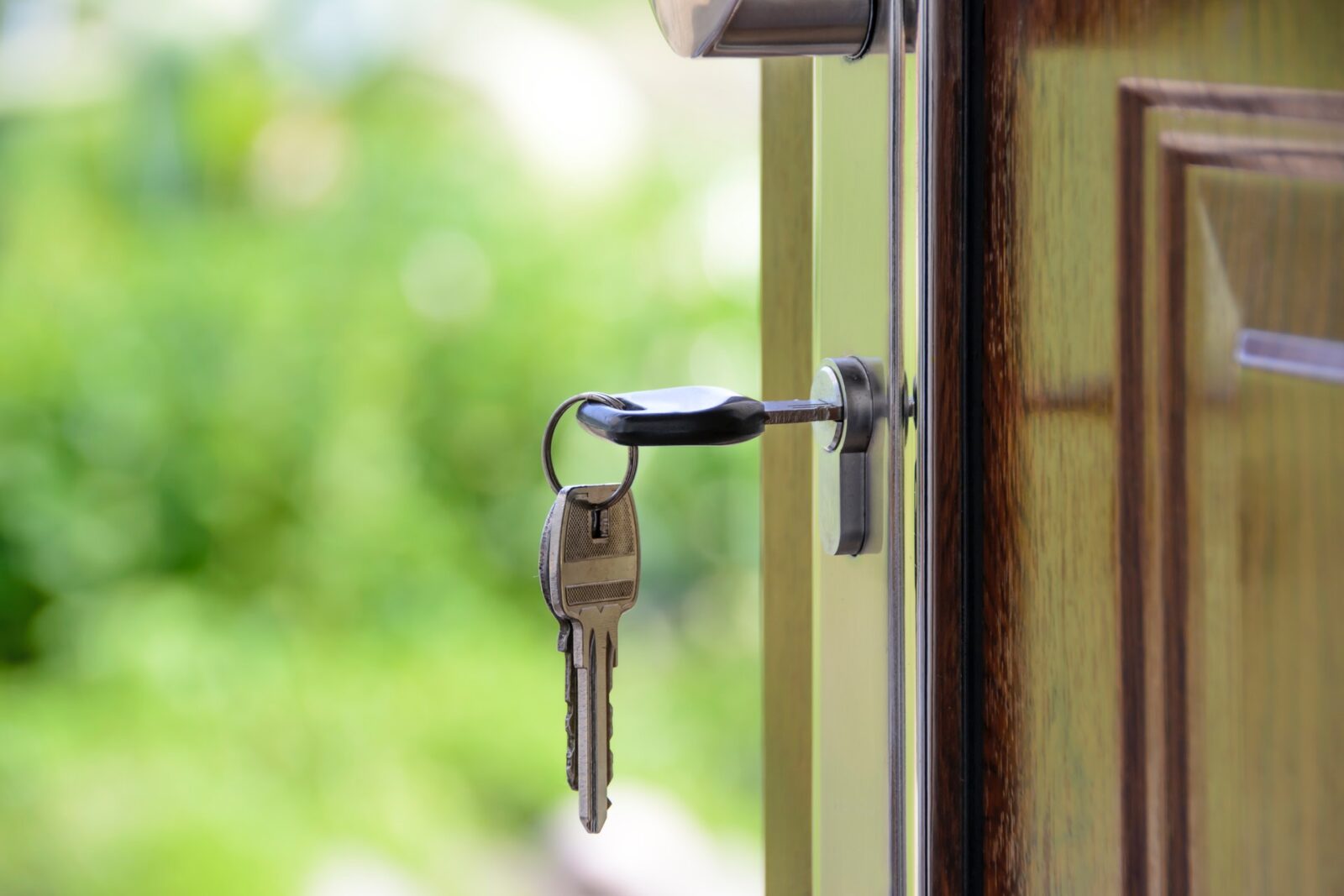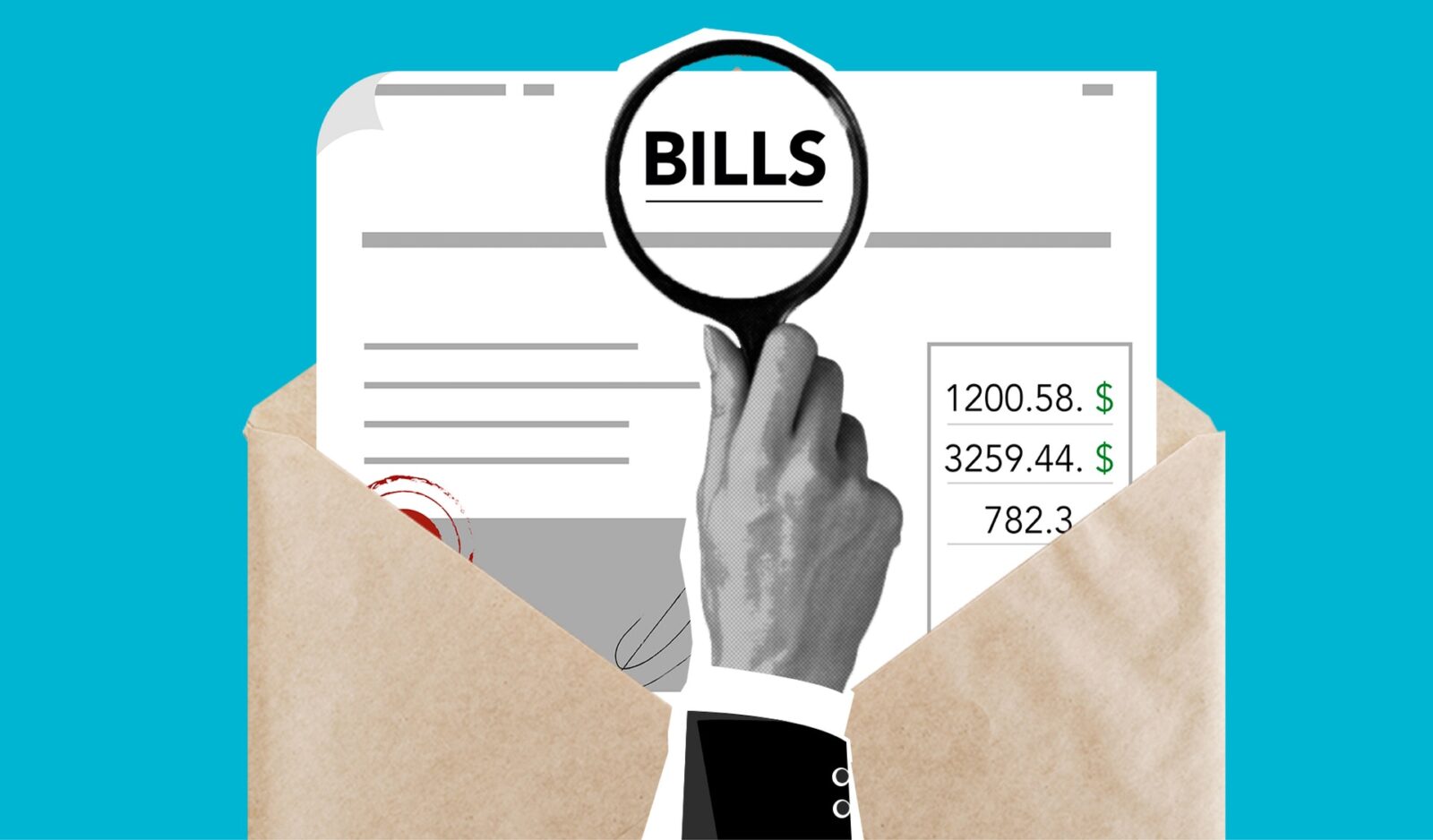
Are you wondering how to save for a house? With the high price tags in the real estate market these days, saving enough cash to buy a house might seem almost impossible. You need to consider saving for the down payment, closing costs, title insurance, and several other expenses.
Thinking of all these can make you almost give up on the idea of buying a new home. But with an excellent savings plan, you too can save enough to meet the down payment on the home you love.
This article contains valuable tips to help you save money and improve your chances of securing your home sooner than you ever expected.
Do You Really Need a 20 Percent Down Payment?
Many individuals believe they need an initial deposit of 20 percent before they can afford to buy a house. The 20 percent down payment myth stems from the mortgage insurance rule most corporate lenders seem to have.
The fact is, lenders these days don’t need 20 percent. For three percent or even less, you could be on your way to getting the keys to a new home. If you’re eligible for a VA loan (or USDA loan), you can buy a home without any down payment.
Mortgage lenders decide based on your credit report and your current income whether you can get a loan with a lower down payment.
8 Top Tips for Saving for a House
Saving for down payments is easier than you can imagine, especially if you have a plan! But knowing how much money you need and how much you can afford is vital.
If you’re wondering how much you should spend on a house, you need to consider the numbers 25 and 15. You want a fixed-rate mortgage (15 years) that doesn’t exceed 25 percent of your monthly income (including property taxes, principal, interest, homeowners association fees, and PMI).
The reason is that a conventional loan (15-year fixed-rate) is the lowest-cost mortgage. Hence, it saves you more interest than other mortgage types.
In addition, the reason a mortgage payment shouldn’t ever surpass 25 percent of your monthly income is that it gives you enough breathing room to settle other financial goals.
In reality, we now have a wide range of mortgage available to us. Here you can compare 30 vs 20-year mortgage, which are the most frequent alternatives.
Now that you know how much to save for a house, it’s time to start saving. Learning how to save for a house has never been easier with these great tips and tricks!

1. Have a Savings Goal
When saving to buy a house, the first thing you should know is the exact amount you need. Let’s start with a down payment. You could walk to the front door of your preferred house or a real estate agent and pay the owner outright. But that’s not realistic for most people.
Hence, if you’re looking to buy a house but can’t pay the total amount upfront, you should begin by asking yourself the following questions:
How Much Can I Spend on a Home?
The answer depends on your income, lifestyle, budget, how big you want your house to be, and how you spend your money. Your goal should be to spend less than 25 percent of your monthly income, and it’s not the same for everyone.
How Long Will it Take Me to Save for the Down Payment?
That’s up to you, but hard work and patience pay off! Make sure to set a target of saving a down payment within two years, and try not to push it longer than that. You’ll have several other monetary goals to tackle next — like your children’s college funds (if you’ve got kids) and retirement.
How Much Should I Save for the Down Payment?
We recommend a 20 percent down payment. It helps prevent paying for PMI (private mortgage insurance), an extra fee included in your mortgage for protecting the lender if you stop paying.
It’s okay if you can’t swing 20 percent. However, make sure it doesn’t go below 10 percent — otherwise you might be stuck paying extra fees and interest, putting you in more debt.
Where Can I Save My Down Payment Money?
You want to keep a down payment (the same way you’d keep an emergency fund) in an easy-to-access (though not too easy) place. Remember that a down payment isn’t an investment. Hence, stashing it in a money market savings account is ideal. Although you won’t make huge interest, your money will be safe.
Assuming you wish to buy a home in 24 months and choose to save $50,000 to cover the down payment (including closing costs and several other moving expenses). Once you’ve set up your goals, you’re ready to fast-track your savings!
2. Boost Your Income
A reliable way to get your keys faster would be to make extra income. Thanks to the gig economy, you can pick up a profitable side hustle without affecting your main job. You could bank on some of these ideas:
Think Freelance
Love writing, photography, or do you have a flair for making music? Nowadays, you can work on jobs (or gigs) from several clients from your home, and sites like Upwork & Fiverr facilitate this.
Besides the previously mentioned skills, you can also offer more technical skills, for example, web development, on these platforms.
Offer Ridesharing Services
Chances are you know of ridesharing companies like Uber and Lyft, and you’ve probably even boarded one. The good news is, as long as you do not mind sharing your car occasionally with strangers, you can make as much cash as you like without having your 9 – to – 5 job affected.
It certainly is the perfect side hustle as it’s on-demand at night, especially on weekends.
Dog Sit or Dog Walk
For a small fee, you could agree to look after dogs or other pets for people going on vacation.

3. Retirement Savings? Pause for a Little While
It might feel weird for those saving for retirement. After all, we usually recommend you begin investing 15 percent of your income (household) for retirement.
However, if you’re looking to buy a house very soon, it’s okay to pause on the retirement money and save those funds for your down payment. Note that it’s only for a while. Once you’re relaxing on your new balcony, you can resume those 15 percent savings for your retirement goal. Ensure the detour is only for one or two years, not for the long-term!
If you are in your 20s, 30s, or 40s and are currently investing $400 every month into your 401(k) but instead channel that cash toward saving for your down payment, you could save almost $10,000 in 24 months. That’s a massive boost for your down payment!
We advise you not to cash out or borrow from your retirement accounts to save up for your down payment. Besides getting hit with early withdrawal penalties and taxes, you’ll also damage your retirement savings’ long-term growth — costing you incredible amounts at retirement. You can also ditch this idea if you have other reliable alternatives.
4. Streamline Your Budget
Your dream of getting handed the keys to your own home will remain just that — a dream — without a solid budget. Let’s begin by flexing your budgeting muscles!
How much do you earn each month? Where do you spend the most money? Student loans? Rent? Car insurance?
Your aim should be to minimize expenses while optimizing savings. There are several steps you can take to do this. For example, you can:
- Check out different insurance rates and stick to the insurer who offers you the best discounts.
- Temporarily get a new loan to finance and reduce your monthly payments.
- Compare different options to get the best deal on your rent.
You’ll be surprised at how much money you spend when you add it all up. Here are some ways to streamline your budget while you’re saving for a house:
- Cut your clothing budget: $80 each month
- Cut the cable: $100 each month
- Save eating out for special occasions: $300 each month
- Reduce your visits to the gym: $70 each month
- Buy generic: $150 each month
These tips can save you $700 per month, adding up to almost $17,000 over 24 months! Get creative and look for more ways to save money for your dream house!

5. Cut the Extra Spending to Save More
It helps if you cut back on extra spending. Although it might hurt, try to focus on the reason — your dream home. We’ve listed a few ideas you can start with:
Garage Sale
If your neighborhood is running a sale very soon, you can hold a garage sale as it’s an excellent way to get some extra dough. Raking in $700 from a Friday evening garage sale isn’t a bad idea.
Sell Some Stuff
If you have lots of extra stuff lying idle around your home, sell it. You can take advantage of popular online sites like Poshmark, Facebook Marketplace, thredUP, Craigslist, or eBay.
Leverage on these platforms and make yourself money when you sell your used clothes, old television, or even that bicycle that’s become an eyesore. You certainly won’t make a million dollars but trust us, even $500 from these sales crusades could go a long way.
Skip the Summer Vacations
Nothing beats taking time out and seeking out new adventures in unfamiliar places. But let’s be realistic, summer vacation could cost you a whopping $2,000, and if you have a family of, say, four, $4,500 – that’s huge.
Forgoing a vacation and saving that money instead, needless to say, would give you extra cash for your down payment. There are some less expensive options for a vacay you could consider. For example, you could take a tour of your local gallery or museum, or try out a local cooking class.
Save the Money Earned From a Bonus or Annual Bonus
Did you receive a bonus for doing a great job? What about a Christmas bonus? Regardless of what the extra cash is meant for, you could postpone buying that big-screen television. Save the bonus money instead, and you could accumulate up to $1,500!
When your relatives or friends ask what you’d like for your anniversary, birthday, Christmas, or any special occasion, let them know you’d prefer money to help you save for a house. Some friends may not oblige, but some of your family members may be glad to know they’re helping you achieve your homeownership dreams. Using these ideas, you can save an extra $3,700, which is absolutely worth it!
6. Think Crowdsourcing
Regardless of circumstances, houses are a significant milestone, and you should never feel ashamed asking for financial help from family and friends. You could even set up a GoFundMe and crowdfund your home.
7. Clear Up Your Debts
We understand if you feel a bit off at this point. We’ve advised you to pause on saving money in your retirement account, and even totally cut out extra expenses on vacations and now, pay up your debts? Wouldn’t that divert some precious dollars away from your intended purchase?
Yes, and yes.
But the fact is, the financial institution will assess your credit score before you get considered for a mortgage loan, and a critical factor they look out for is your debt-to-income ratio.
The lower your DTI, the greater the odds you won’t default on your mortgage payment, and consequently, the more reliable you are as a candidate.
How much do you have to pay off as debt? This includes your auto loans, credit card debt, and any other borrowings you might have. Is it huge? Make a solid plan and chop it down. In other way read how to get a loan with high debt-to-income ratio.
8. Do You Spend Impulsively? Save Some Cash Automatically
Have you considered having your bank save a portion of your money automatically for you? You need this if your first thought anytime you receive a notification of a bank deposit is to immediately blow money on things you do not necessarily need.
Less money available for you to spend implies lesser temptation to blow it. All you need to do is speak with your bank and have them withdraw a prearranged portion of your money each month and deposit it in an auxiliary locked savings account.
Remember to have the diversion made when you receive your paycheck or any other day you are sure you will have enough money.

Other Expenses to Consider When Saving to Buy a Home
Besides making down payments, there are other expenses you need to save for to buy a house. However, these additional costs take less time to save for as they’re smaller.
Money Expenses
Asking your friends for help is an excellent way to save money on your moving costs. Otherwise, hiring a moving company can cost you between $250 to $2,500, based on the distance to your new home and your belongings. If your new home is really far from the old one, you could spend up to $7,000! If you go this route, make sure to get different quotes from moving companies to help with your budgeting.
Closing Costs
Most buyers pay between three to four percent of a house’s purchase price as closing costs. Note that when closing on a home (which involves signing all the documents that make the new property yours), you’ll need to pay for credit reports, loan origination fees, appraisal fees, title fees, and underwriting fees.
Note that the seller might cover your closing costs, though you can’t bank on that.
Is Saving for a Down Payment Better Than Paying Off Debts?
If you have outstanding debts to clear, the ideal thing is to pay them off before you start saving for a down payment. The reason is that the large expenses that affect individuals saving for their dream home purchase are debt-related: car loans (38 percent), student loans (51 percent), and credit card debt (44 percent). Thus, the best way to create room for savings on your income is to pay off your debt as quickly as possible!
Consider taking a step further by stashing away two to six months’ worth of your personal expenses as an emergency fund. When the pandemic started, homeowners spent about $1,600 on emergency home projects. Imagine bearing the emergency costs after losing your job and still struggling to settle mortgage payments! Emergency funds can save you from that stress.
You might feel uncomfortable replacing the excitement of saving for a house with the stress of paying off debts and building emergency funds. However, doing this can help you save for a home faster and prevent a lifetime of struggle.
Final Thoughts
Now that you’ve learned how to save for a house, begin by creating a budget and taking every useful tip we mentioned above seriously. If you have any outstanding debts, remember to clear them before thinking of saving for a down payment or getting a mortgage. You’ll also need to hire a real estate professional to guide you and give you insights into the legal steps you need to take to purchase your dream home!

In her 25-year career, Steph Wilkinson has been involved in the acquisition, marketing and sales of over $3 Billion dollars of residential real estate. A number of years ago, Steph transitioned into Brokerage Leadership for National real estate brands and tech start-ups. She has served as a Business Strategist for real estate agents and brokerages alike and is also a real estate coach and trainer. In her new role with the Iconic Team, Steph will be responsible for the growth of the team and will be working with all of our agents to increase their productivity and bottom line.





One Response